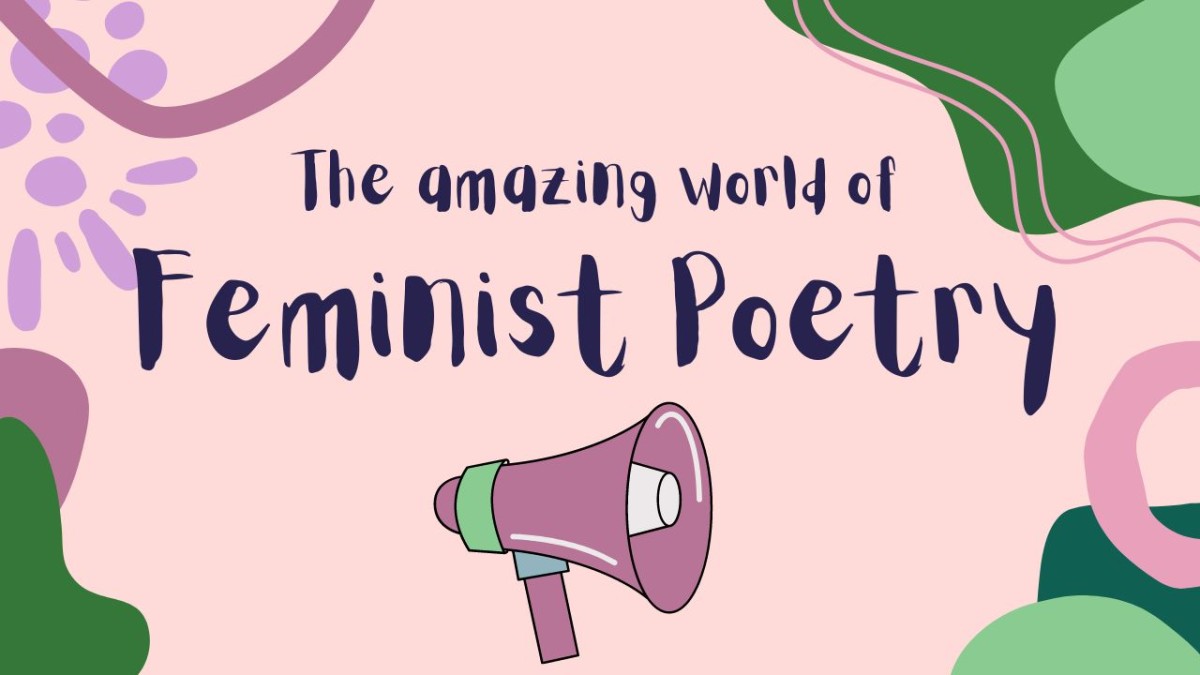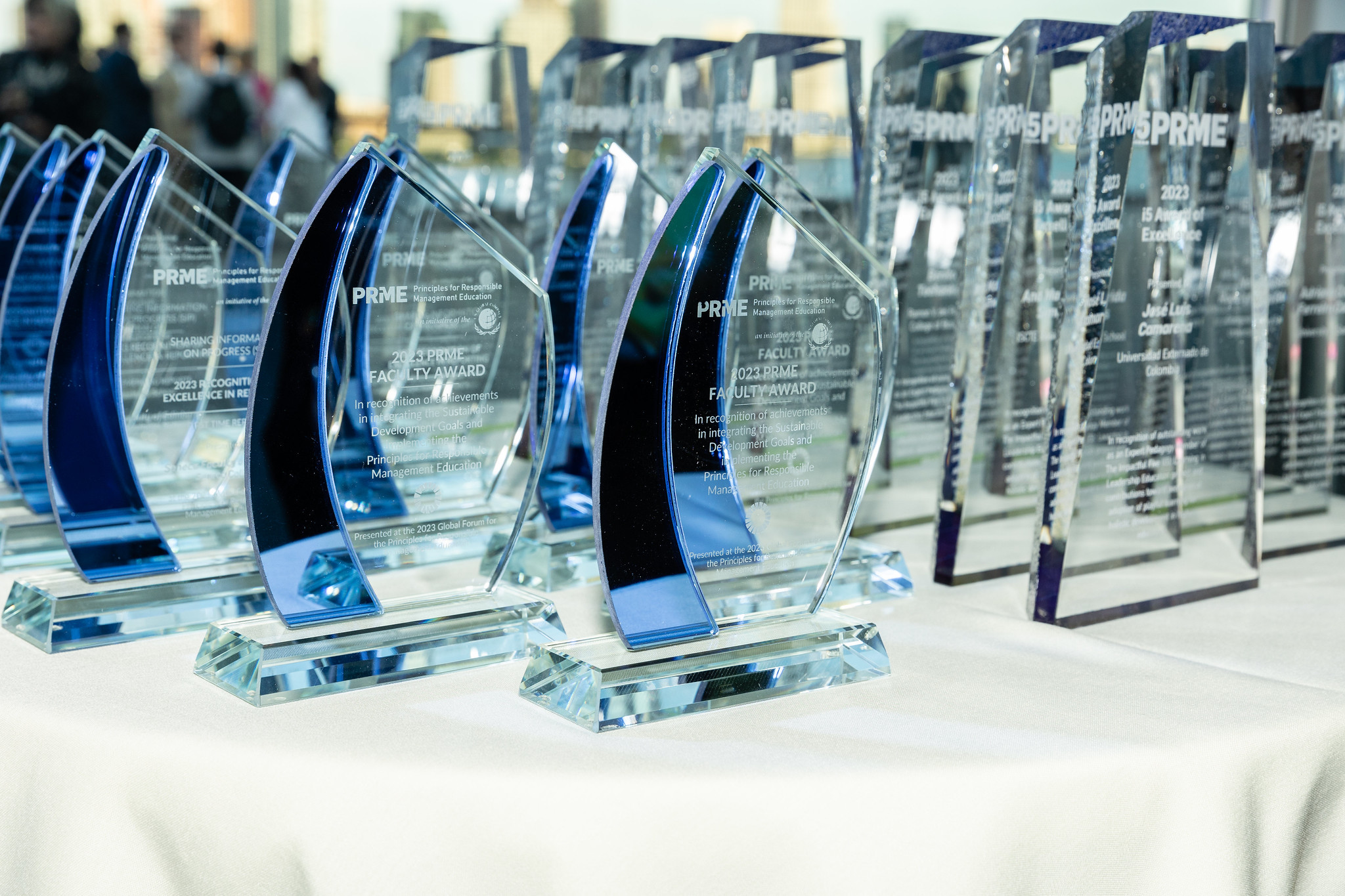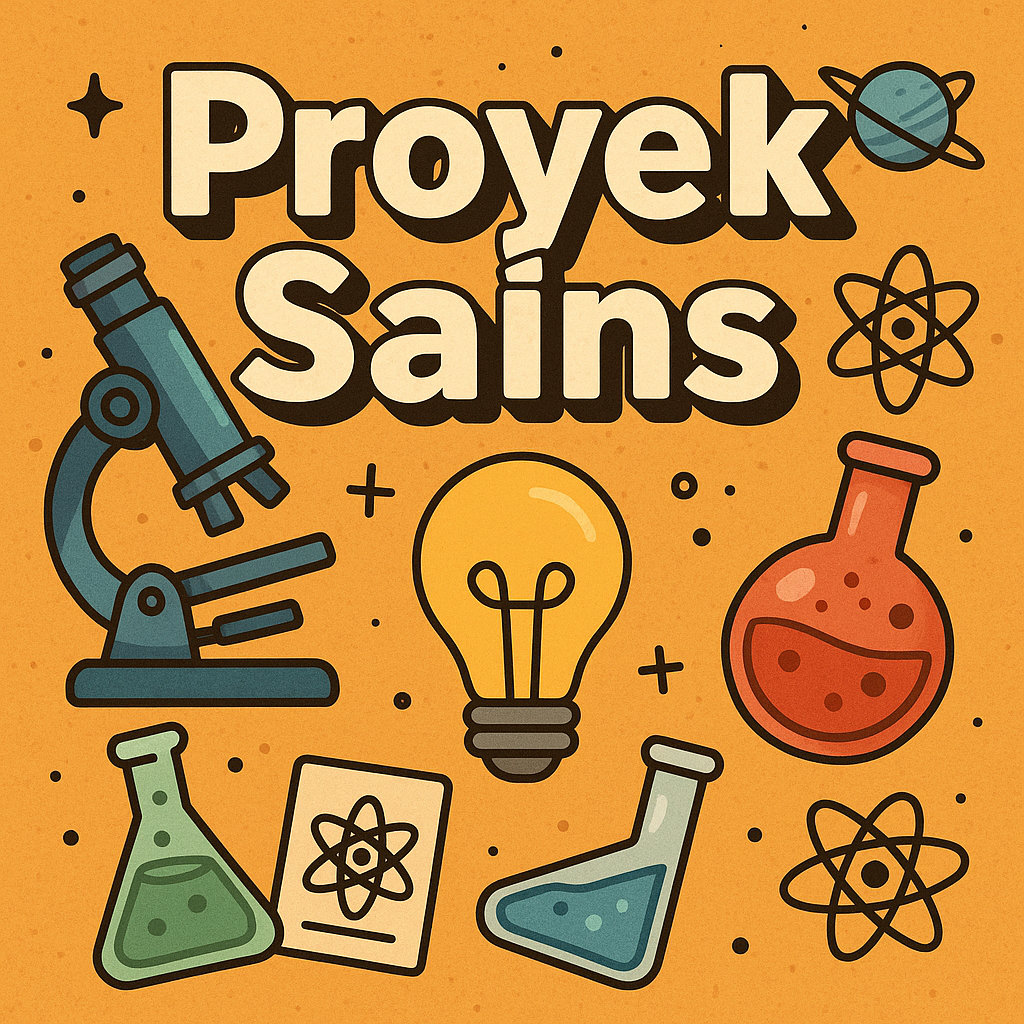
Poetry has long served as a powerful medium for expressing human experiences, emotions, and resistance against societal norms. Feminist poetry, in particular, has played a crucial role in amplifying women’s voices, challenging gender roles, and advocating for equality. From classical to contemporary literature, women poets have used poetry to assert their agency, question patriarchal structures, and celebrate their identities.
This article explores feminist perspectives in poetry, tracing the role of women poets across different historical periods, themes in feminist poetry, and the ongoing evolution of feminist poetic expression.
Historical Evolution of Feminist Poetry

Women have been writing poetry for centuries, often facing oppression, censorship, and marginalization in literary spaces. Despite these barriers, their poetry has provided a counter-narrative to dominant patriarchal discourse and shaped feminist thought.
Early Women Poets and Proto-Feminist Voices
In ancient times, women poets existed but were often overshadowed by male-dominated literary traditions. However, some poets carved spaces for themselves:
- Sappho (c. 630–570 BCE) – The Greek lyric poet from the island of Lesbos is one of the earliest female voices in poetry. Her poetry, filled with themes of love, passion, and female relationships, challenged male-centered narratives on love and desire.
- Hildegard von Bingen (1098–1179) – A medieval mystic whose poetry explored divine femininity and spiritual enlightenment.
While early women poets did not explicitly engage in feminist discourse, their writing set the stage for later feminist voices by asserting female subjectivity and experience.
The Rise of Feminist Poets in the 18th and 19th Centuries
As feminism gained momentum, women poets became more vocal about gender inequality.
- Phillis Wheatley (1753–1784) – An African American enslaved poet who used her poetry to critique both slavery and gender oppression.
- Elizabeth Barrett Browning (1806–1861) – In Aurora Leigh, she tackled issues of women’s education, societal roles, and independence.
- Emily Dickinson (1830–1886) – Though not overtly feminist, Dickinson’s poetry defied the expected norms of femininity, addressing themes of identity, selfhood, and power.
💡 Key Impact: Women poets in this era laid the groundwork for feminist literary criticism by questioning traditional gender roles and advocating for intellectual and creative freedom.
20th Century: The Emergence of Explicit Feminist Poetry
With the rise of first-wave and second-wave feminism, poetry became a powerful vehicle for political activism.
- Edna St. Vincent Millay (1892–1950) – Explored themes of female desire, autonomy, and rebellion against societal expectations.
- Sylvia Plath (1932–1963) – Her confessional poetry, particularly Ariel, exposed the suffocating constraints of domesticity and mental health struggles under patriarchy.
- Adrienne Rich (1929–2012) – A prominent feminist poet whose works, such as Diving into the Wreck, directly challenged misogyny and celebrated women’s agency.
💡 Key Impact: These poets broke taboos, using poetry to discuss themes of violence, oppression, sexuality, and resistance in ways that were previously silenced.
Contemporary Feminist Poets and the New Wave
Modern feminist poetry is intersectional, inclusive, and bold, addressing issues beyond gender, including race & class.
- Audre Lorde (1934–1992) – A Black feminist poet who wrote about race, sexuality, and empowerment (The Black Unicorn).
- Carol Ann Duffy (b. 1955) – The first female Poet Laureate of Britain, known for her feminist reinterpretations of history (The World’s Wife).
- Warsan Shire (b. 1988) – A Somali-British poet whose poetry addresses displacement, immigration, and womanhood (Teaching My Mother How to Give Birth).
- Rupi Kaur (b. 1992) – A contemporary Instagram poet whose work, such as Milk and Honey, explores themes of abuse, survival, and healing.
💡 Key Impact: Contemporary feminist poets use digital media, performance poetry, and spoken word to reach global audiences, ensuring that feminist poetry remains accessible and relevant.
Themes in Feminist Poetry
Feminist poetry covers a wide range of themes that reflect the lived experiences and struggles of women.
1. The Female Body and Autonomy
Women poets reclaim their bodies from objectification and control, celebrating them as sites of power rather than oppression.
📖 Example: Sharon Olds’ poetry often explores female sexuality and motherhood with unfiltered honesty.
2. Motherhood and Domesticity
Feminist poets challenge traditional representations of motherhood, portraying it as both a source of strength and struggle.
📖 Example: Sylvia Plath’s poem Morning Song explores the complexities of motherhood beyond idealized images.
3. Oppression and Resistance
Many feminist poems expose systemic gender violence, discrimination, and the fight for equality.
📖 Example: Adrienne Rich’s The Will to Change confronts male-dominated power structures.
4. Love and Desire from a Female Perspective
Poetry allows women to express their desires, passions, and relationships outside patriarchal constraints.
📖 Example: Audre Lorde’s poetry explores same-sex love and the politics of desire.
5. Intersectionality: Race, Gender, and Identity
Feminist poetry today is deeply intersectional, addressing the diverse experiences of marginalized women.
📖 Example: Warsan Shire’s work highlights refugee experiences, cultural displacement, and gender struggles.
Feminist Poetry as a Tool for Change
Beyond artistic expression, feminist poetry has been a catalyst for activism and social justice movements.
- Poetry in Protests: Feminist poems have been recited at women’s marches, rallies, and activist movements.
- Empowering Marginalized Voices: Poetry provides a space for women of color, + communities, and disabled poets to share their narratives.
- Digital Feminist Poetry: Social media has made feminist poetry more accessible, allowing poets like Rupi Kaur to reach global audiences instantly.
💡 Impact: Feminist poetry inspires social change, challenging gender norms and advocating for equality through language and art.
Conclusion
Feminist poetry is more than literature—it is a revolutionary force that reclaims women’s voices and experiences. From Sappho to Rupi Kaur, feminist poets have used poetry to challenge oppression, redefine identity, and celebrate womanhood. As poetry continues to evolve, it remains a powerful tool for feminist expression, proving that words can be as transformative as action in the fight for gender equality.
🔹 Final Thought: Feminist poetry reminds us that every poem is an act of resistance, and every voice matters in shaping a more just and equitable world.







